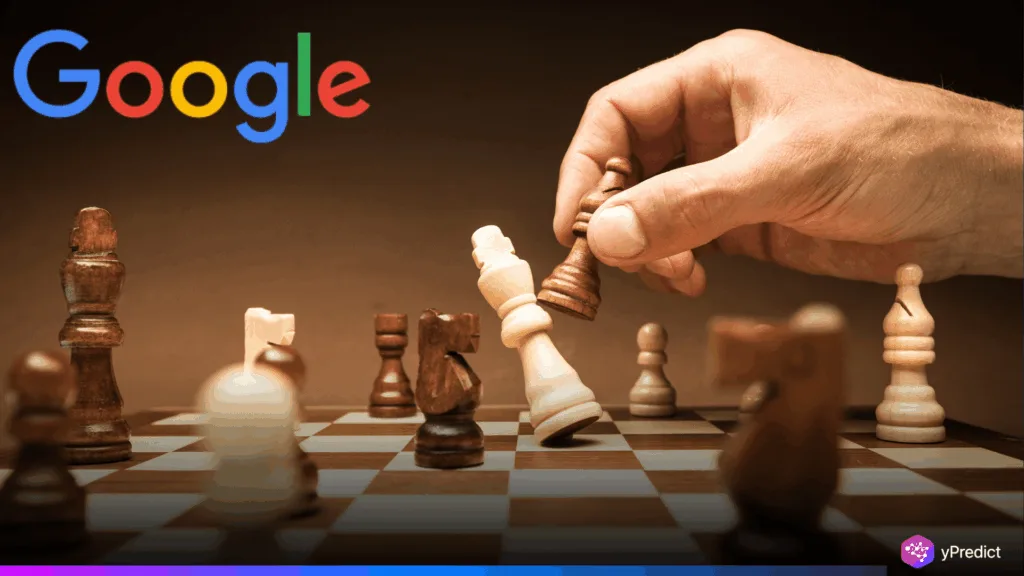
Google launched the AI gaming platform as a bold move to test the capabilities of advanced AI models. The Kaggle Game Arena is spearheading this initiative, which kicks off with a global chess exhibition from August 5 to 7. Additionally, live, publicly streamed chess matches between leading AI systems are part of the multi-day event. These games also mimic real-world problem-solving by emphasizing flexibility, reasoning, and planning.
Can Strategic Games Truly Benchmark AI Models?
The newly launched AI gaming platform aimed to create an open, fair, and competitive setting. Smart agents are put to the test outside of their comfort zones. Furthermore, researchers can assess cognitive-like behavior in a regulated, rule-based setting, such as chess, go, and other strategic games.
Google decided to choose chess as the first arena because of its well-known complexity and broad appeal. This AI competition will demonstrate how models adjust their tactics in real time when faced with challenges. Thus, AI is forced to respond, learn, and develop during active decision-making in contrast to static datasets in gaming.
AI Gaming Platform Brings Strategy to Center Stage
The AI gaming platform, which is hosted on Kaggle, offers match history, leaderboards, and assessment tools for in-depth analysis. Thus, each match will be televised with live statistics and commentary, uniting the chess and tech communities.
Additionally, Google shared images of match dashboards, AI decision trees, and real-time engine scores on X to hint at behind-the-scenes information. By making every action traceable and explicable, this digital-first launch emphasizes transparency.
Agents trained with memory-augmented networks and deep reinforcement learning compete in timed rounds in each AI tournament match. In chess and real-world applications, these tools also assist agents in simulating human-like strategic planning and foresight.
How Will This AI Gaming Platform Evolve Next?
Google wants this project to establish itself as a standard for AI advancement in various sectors. Simulations that assess skills like multitasking, long-term planning, and creative decision-making are used in strategic games. The AI gaming platform may eventually grow to include real-time teamwork, negotiation, and economics competitions. Additionally, this would allow companies and researchers to test AI’s flexibility in non-chess contexts. Future AI tournaments might incorporate multi-agent simulations or inter-model cooperation as models join.
Is This the Next Leap in AI Testing?
Google is changing the way we test smart systems by turning classic games into artificial intelligence battlegrounds. The AI gaming platform offers a window into the cognitive future of machines in addition to being a source of entertainment.
Furthermore, testing AI models through strategic games may provide the clearest window into their developing intelligence. Their reasoning and adaptability continue to advance rapidly. AI may soon outsmart humans in more than just chess, so this is just the beginning.






